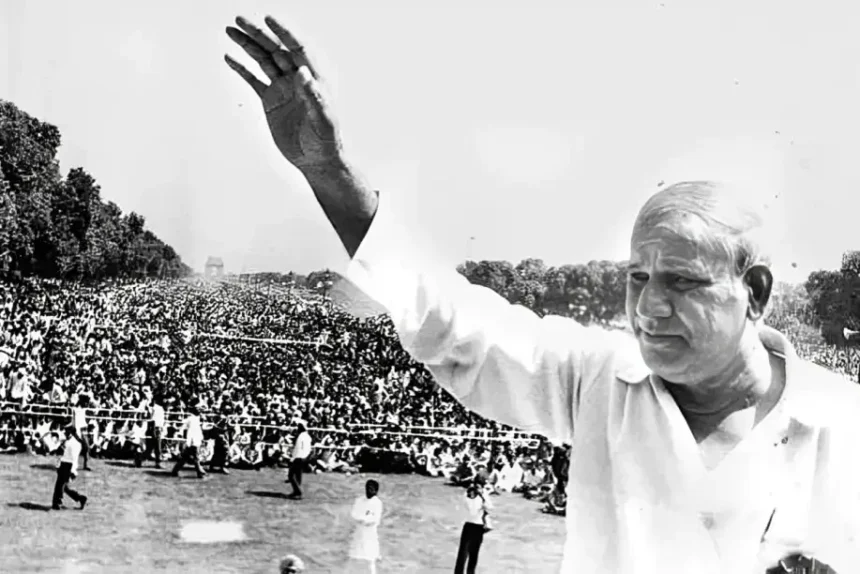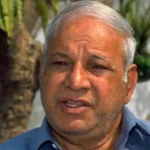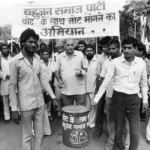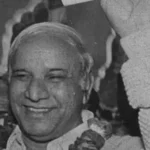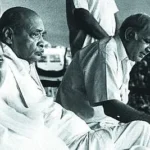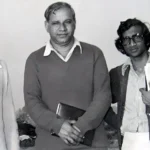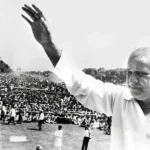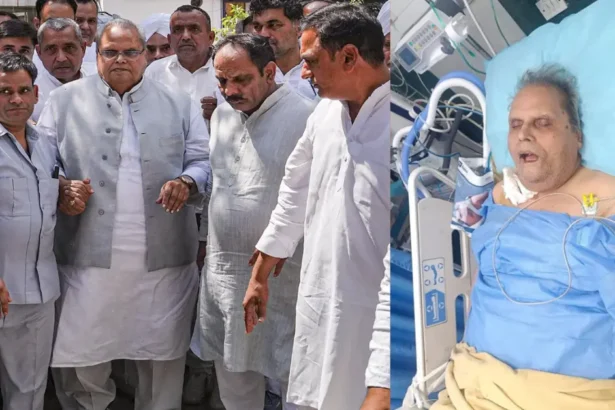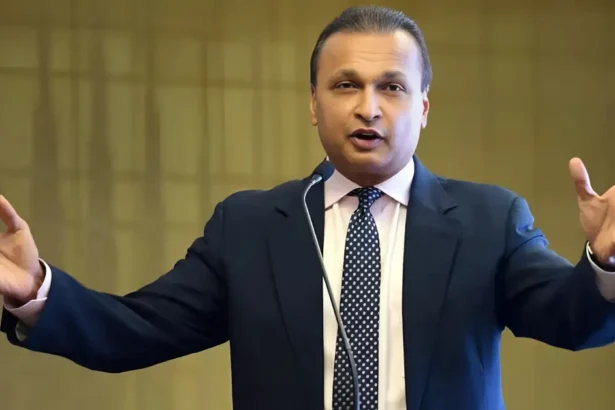Kanshiram’s name resonates profoundly in the landscape of Indian social and political reform. His birthplace, humble yet inspiring, became the foundation for a movement that challenged centuries-old caste hierarchies, advocating for the upliftment of the oppressed Bahujan communities. Kanshiram Jayanti, celebrated annually on March 15th, marks not just his birth but the enduring Kanshiram Legacy—a testament to his life’s work in transforming society through political empowerment and social justice.
Early Life and Formative Years
Born on March 15, 1934, in a modest Ramdasia Sikh family in Punjab, Kanshiram’s early years were marked by the realizations of caste-based discrimination and social inequality. Unlike most Dalit leaders, he was born into a relatively privileged caste within the Dalit community but chose to dedicate his life to the emancipation of all marginalized groups. His education at Government College, Ropar, opened his eyes to the possibilities of social change through knowledge, but his real awakening came through interactions with oppressed communities across India.
Kanshiram’s formative years were influenced by the teachings of Dr. B.R. Ambedkar and other social reformers, instilling in him the belief that political power was essential to eradicate social injustices, not just social reforms alone.
Political Journey and the Founding of BSP
Kanshiram’s political career gained momentum in the early 1970s with the formation of BAMCEF (Backward and Minority Communities Employees Federation), a grassroots organization aimed at uniting oppressed communities for collective empowerment. Recognizing the need for a political platform, he founded the Bahujan Samaj Party (BSP) on April 14, 1984—aligned with Ambedkar’s legacy and focusing on empowering Dalits, OBCs, minorities, and other marginalized groups.
His strategy was revolutionary: to create a political force that would challenge the dominant caste-based power structure and serve as a voice for the oppressed. He often quoted, “Political power is the key to social emancipation,” emphasizing that only through electoral success could true social transformation be achieved.
Kanshiram’s political vision was pragmatic but rooted in social justice—he believed that real change required not only voting rights but the power to influence policies and societal attitudes.
Social Philosophy and Key Achievements
Kanshiram’s social philosophy was centered on the principles of education, self-respect, organization, and unity among oppressed groups. He championed the cause of Dalit dignity, anti-caste consciousness, and the rejection of Brahminical oppression. His leadership mobilized millions, transforming the Bahujan movement into a formidable political and cultural force.
One of his significant achievements was elevating the BSP to a major political entity in Uttar Pradesh, India’s most populous state, altering the political landscape. His efforts laid the groundwork for Mayawati, who became Uttar Pradesh’s Chief Minister, to continue his mission. Kanshiram’s emphasis on education as a tool for empowerment remains a cornerstone of his legacy.
He famously said, “We don’t want social justice; we want social transformation,” signaling his uncompromising stance for fundamental societal change rather than superficial reforms.
Kanshiram Legacy in Contemporary Times
Kanshiram Jayanti is celebrated with reverence across India, especially in Uttar Pradesh, where his influence remains vital. His Kanshiram Legacy inspires not only political leaders but also social activists and grassroots movements. The day is marked by rallies, tributes, and discussions emphasizing ongoing struggles for social equality, often highlighting the importance of unity among oppressed communities.
Today, the social and political impact of Kanshiram’s movement is visible in the continuous fight against caste discrimination, the push for reservation policies, and efforts to uplift marginalized voices in governance and society. His vision of a caste-less India continues to motivate millions aspiring for an egalitarian society where everyone’s dignity is upheld.
Scholars and politicians acknowledge that Kanshiram’s work laid the foundation for modern Dalit and Bahujan empowerment, making his Kanshiram Legacy a beacon of hope and social change in India’s democracy.
Notable Quotes and Inspirations
Kanshiram’s inspiring words still echo today:
- “A community that doesn’t have representation in power is dead.”
- “Our fight is not just political — it’s social, cultural, and spiritual.”
- “The real revolution will come when oppressed communities understand their collective strength.”
These insights continue to galvanize activists committed to deep-rooted social justice.
Social Transformation through Kanshiram’s Vision
Kanshiram’s life and work exemplify the transformational power of leadership committed to social justice. His Kanshiram Legacy remains a living movement, influencing politics, culture, and society in India. As India advances toward greater inclusion, the principles he championed serve as a guiding light for achieving equality, dignity, and true democracy.
Kanshiram Jayanti is not merely a commemorative event; it’s a celebration of the ongoing struggle for social change rooted in his vision of a casteless, just India. His legacy continues to inspire millions to break barriers and build a society where every individual is valued equally.



